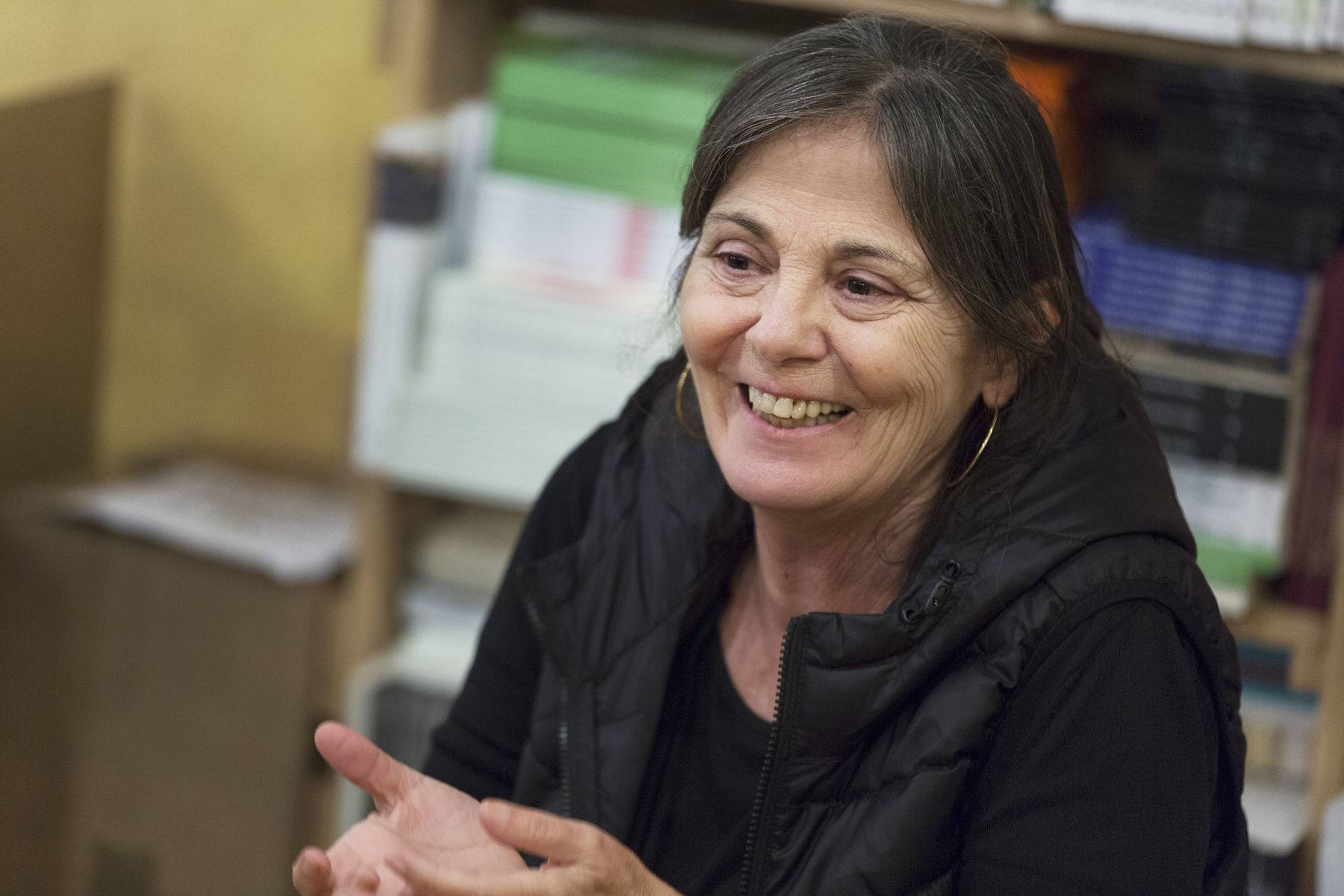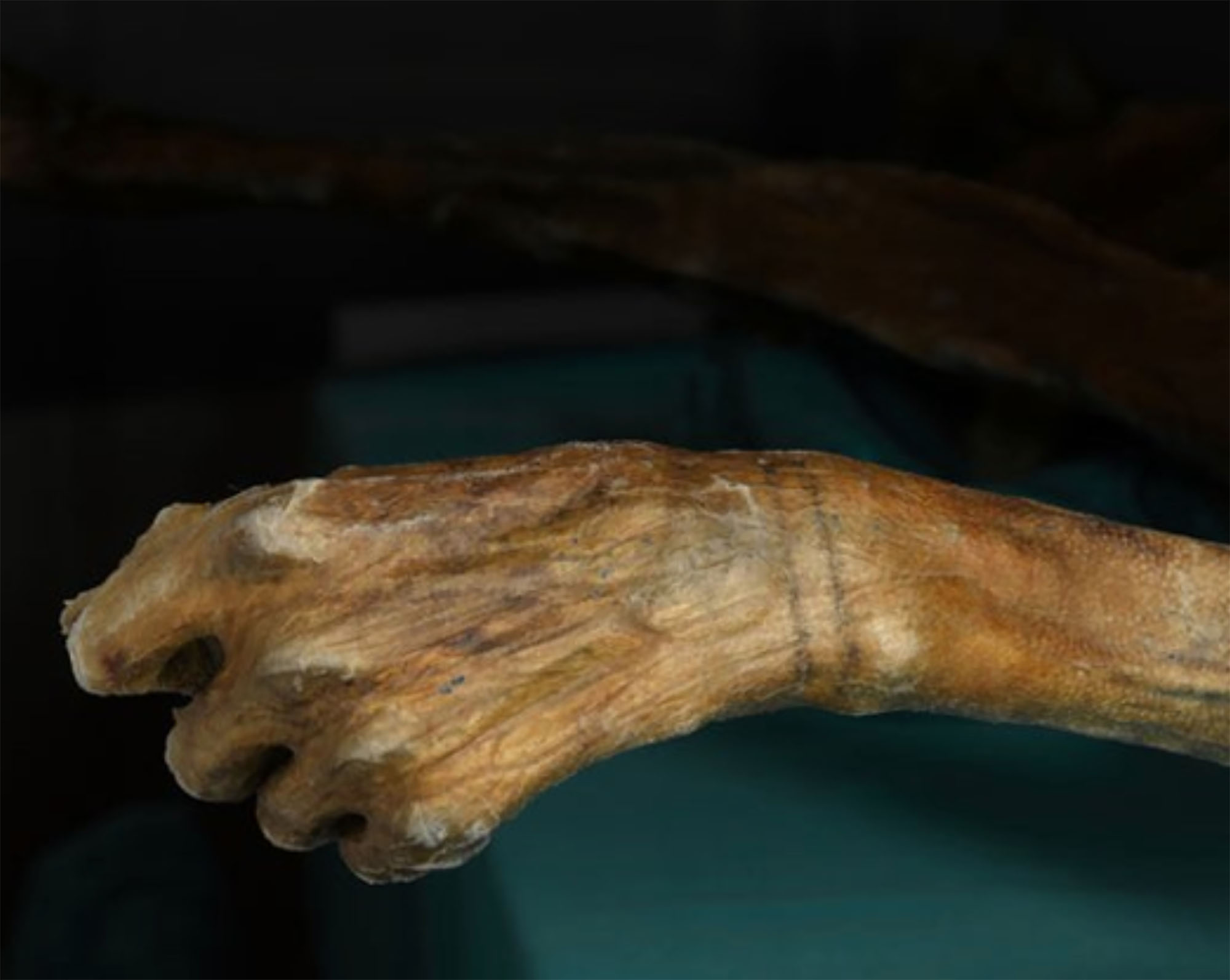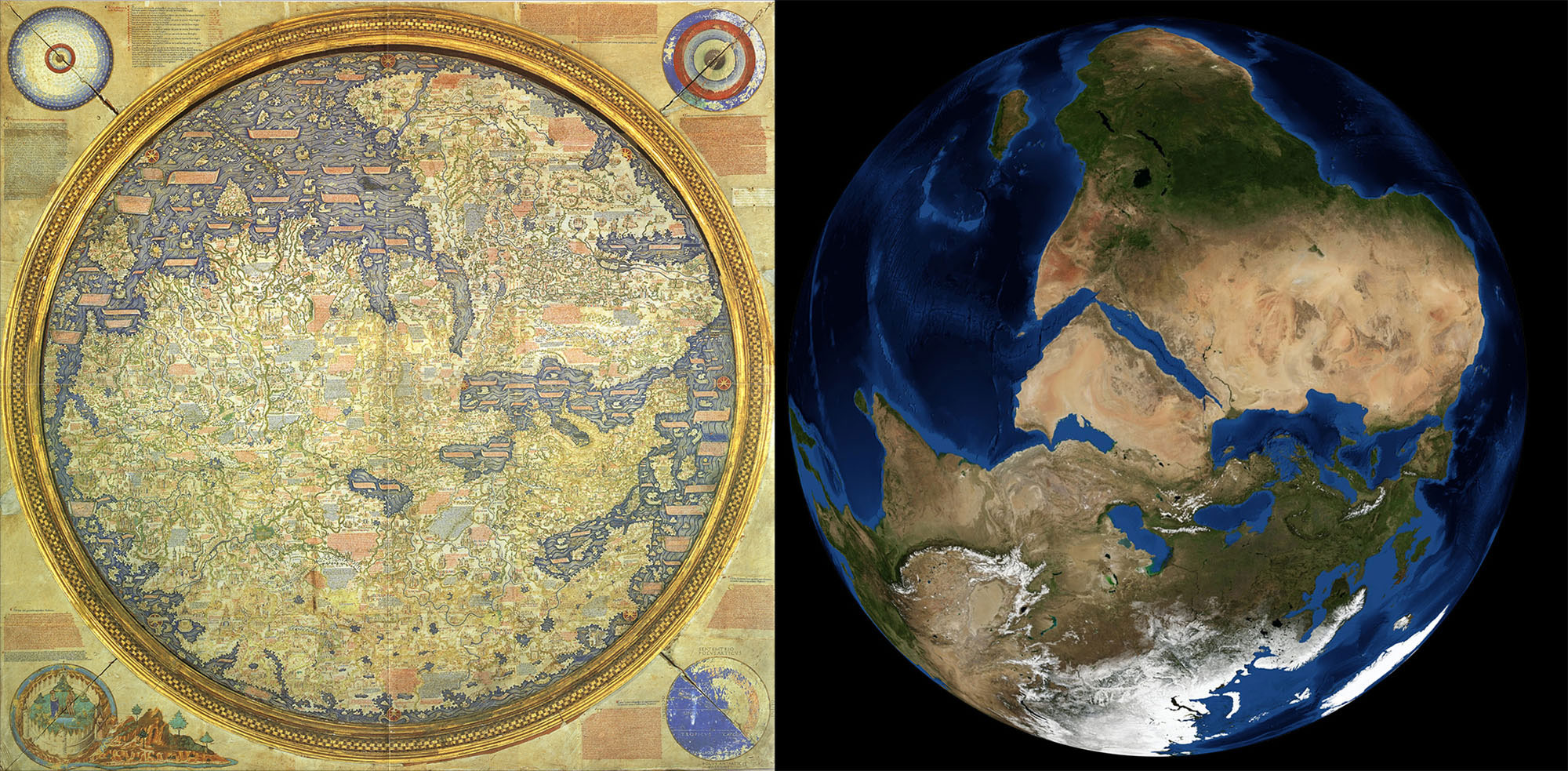"The main failure of revolutionaries has not been material, but mental"
- Barbara Balzerani was the head of the Italian Red Brigade. He participated in the kidnapping in 1978 of the President of the Christian Democracy, Aldo Moro, who was arrested by eta. He has been in prison for 21 years. He has just been in Barcelona presenting the Catalan version of the novel L’ho sworn (“I have always known”). In 1998 he published the well-known book Compañía Luna, translated into Spanish by Txalaparta in 2016.

What led you to join the Red Brigades?In the 1970s we had a strong and strong social
antagonism movement in Italy, bringing together workers and students from the major factories in the north. The extra-parliamentary leftist groups fought hard to demand social improvements and suffered brutal repression. In 1969, most of the hours of strike in factories occurred: two million. That same year, an explosive device caused sixteen deaths in a bank in Milan, with the clear intention of frightening the movement and forcing it to change its strategy. It was a question of attributing this action to the anarchists, although it was clear that it had been carried out by the fascists following the guidelines of the State institutions. This further strengthened our convictions: that one could not believe in bourgeois democracy because they were murderers. More artifacts came in. In Brescia, in a union assembly, in trains… It was a terrorism aimed at ordinary people.
On the other hand, the Communist Party allied itself with the Christian Democracy, that is, with the employers’ party, and as a result, the revolutionary movement was increasingly being harassed (death threats, murders…) and all avenues of opposition were closed to it. Hence the leap into armed struggle.
How did this jump
happen?In 1970 the Red Brigades (BG) initiated actions against factory leaders. Other leftist extra-parliamentary formations also began to discuss the need for armed struggle. In 1973, Potere Operaio, the group to which I was a member, collapsed due to the contradictions caused by the finding that all the areas of activity of a legal group were exhausted. The same was true of Lotta Permanente. In 1974, the Red Brigades jumped into the strategy and kidnapped Judge Mario Sossi. People hated him because he imposed harsh prison sentences for political and vulgar crimes. With this action began the “heart attack of the state” phase. The factory workers were the protagonists of this revolutionary strategy, the central axis of the revolution was to attack the state. So I decided to go into the BG.
“We have swallowed the logic of the accumulation of wealth and the growing needs, forgetting that it is done at the expense of the theft and exploitation of peoples who were not capitalists, for the benefit of the few and to the detriment of the majority”
And are the reasons that prompted you to fight still in force?The
causes are even more forceful, as the situation is worse than then. But now there is something we had then: a revolutionary goal that unites people and institutions. Because the defeat of the last century was not only ours, but that of all those who made the revolution (Vietnam, China, Soviet Union…). And now we see that the political and social situation is going to get worse, but we don't have the political strength to deal with it, without the understanding that it will bring us back together.
Do you not think that the greatest failure of the twentieth century was not so much the dismantling of revolutionary institutions and projects, but the fact that a different world is not possible and that it has gone from wanting to change everything to begging meticulous improvements?
Totally. The main failure has not been material, but mental. It is impossible to open the way to revolution if you are not clear that another world is possible, and that other world was for us the construction of socialism. Yes, that path has failed, and now we have to look back to know where the mistakes were made. And I'm talking here about the model of society that we want to create. Because we have acted under the influence of the concept of history that develops linearly, thinking that what comes will be better than the above. With this linear approach we have devoured the capitalist logic of progress, the logic of the accumulation of wealth and the growing needs, forgetting that this accumulation takes place at the expense of the theft and exploitation of peoples who were not capitalists, for the benefit of the few and to the detriment of the majority. In the West, we have to change our vision of progress, so in line with what Walter Benjamin said: that it was possible that some things in history would not have happened and that what didn't happen could happen later.

You were the head of an armed organization, at a time when women were much less present than they are now.
When I entered the Red Brigades, the rise of the feminist movement was taking place in Italy and many of the women who for years militated in leftist groups went to feminist groups. I criticized that road a lot because it seemed to me to be an inter-class, pacifist and elitist struggle. It seemed to me a kind of betrayal by some of my colleagues.
My experience as a woman in the armed struggle was very good. Not because the Brigades were better, but because when you're in a situation that leads to life at stake, roles have a much lower effect. And the large number of women militants in the Brigades is very significant. The percentage of women who participated in the armed struggle was much higher than in institutional politics, with their gender quotas, because in the armed struggle women felt that they could do politics directly, without relying on men or being on the second line.
That also happens in jail. When they're in prison, women don't have to play the role of mother or wife, and paradoxically, they experience a kind of liberation and start doing things they didn't do before.
“The percentage of women who participated in the armed struggle was much higher than in institutional policy, with their gender quotas”
In an article on victims, he said that “the issue of victims is becoming a piece of censorship. It denies the context for the metahistorical counterposition of victims and executioners and wants the monopoly of the reconstruction of the word and history.” What about victims who have become political subjects? This year marks the 40th anniversary of the kidnapping of
Aldo Moro and in these forty years a new story has been created in Italy and other parts of the world that has abandoned the historiography of sources and documents and has put the individual memory at the centre. Individual memory is very interesting because it is not abstract and exceeds the rigid limits of historical reconstruction. But it's also true that history can't be completed with the pain, the emptiness, that victims have felt, but we stop talking about phenomena to talk about what you've felt. The whole focus is placed on the consequences and the causes are hidden, taking everything to a moral level between good and evil, the context of the facts is completely abandoned.
In his book he says: “We were many and we weren’t alone.” You talk about a collective subject, about the consciousness of forming a collective. How do you see the atomized individualized subject who has triumphed today? In the 1960s, there was a very
curious phenomenon: Much of the workers in southern Italy came to the factories in the north, without connection with the big parties and unions and without a culture of mediation. At the same time, the children of the workers began to reach the university massively. And his goal was not to make a career, but to use education for the liberation of his class. The union of these two forces gave strength to the movement and as a result it remained so much in Italy and had such a long shadow. Today we are presented with 68 as a theme of youth, flowers and music, and not what it really was: a class conflict. We were clear that we belonged to a class and fought in the name and in favour of that class.
Although it was thought that in most of the cities of the Roman Empire there were jails, little remains have been found of the prisons of the time in the fields.
Recently, however, the archaeologist at the University of Copenhagen, Matthew Larsen, has identified the Roman... [+]
Since they discovered the corpse of Ötzi in the Alps in 1991, the 5,000 years preserved in very good condition have been used for numerous investigations. From the beginning, the 61 tattoos he had on his skin were the ones that cared for him. Experts believed these tattoos were... [+]
Venice, 24 April 1459. The monk and cartographer Fra Mauro finished the map of his world in his cartography workshop in the monastery of San Michele in Murano. This work was done on behalf of the Portuguese king Alfonso V.aren and, once the map was completed, it was sent to... [+]
A group of researchers from the Italian University of Padua analyzes a small stone boat discovered in Iran in 2001. In particular, the fingerprints inside the bottle have been analysed and have been shown to contain fine hematite – red mineral oxide, manganite, braunita and... [+]
Rome, April 1215. IV. In the Council, the Catholic Church prohibited the surgery of priests and monks, among others. Also in previous councils, Reimsen and Tours, they worked on the issue, arguing that only legataries had to deal with saving souls and that they had to avoid the... [+]
Grecia, a.C. Século IV. Varios pensadores gregos, como Aristóteles ou Heraklides, escribiron sobre os etruscos, recollendo unha opinión negativa sobre o pobo que vivía no centro e norte da península italiana. As mulleres etrurianas foron especialmente criticadas e o... [+]























